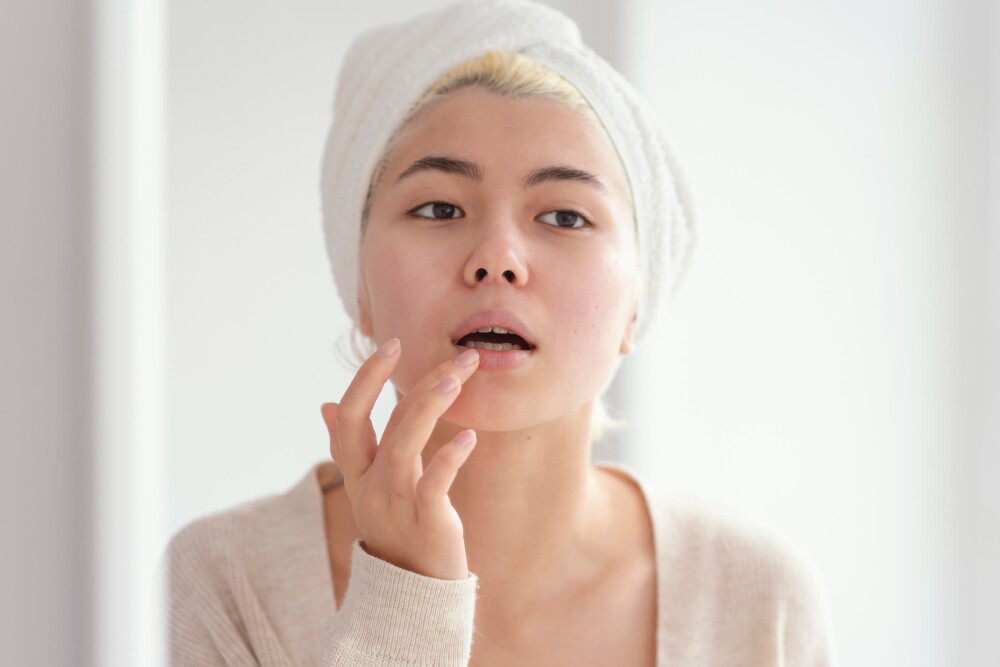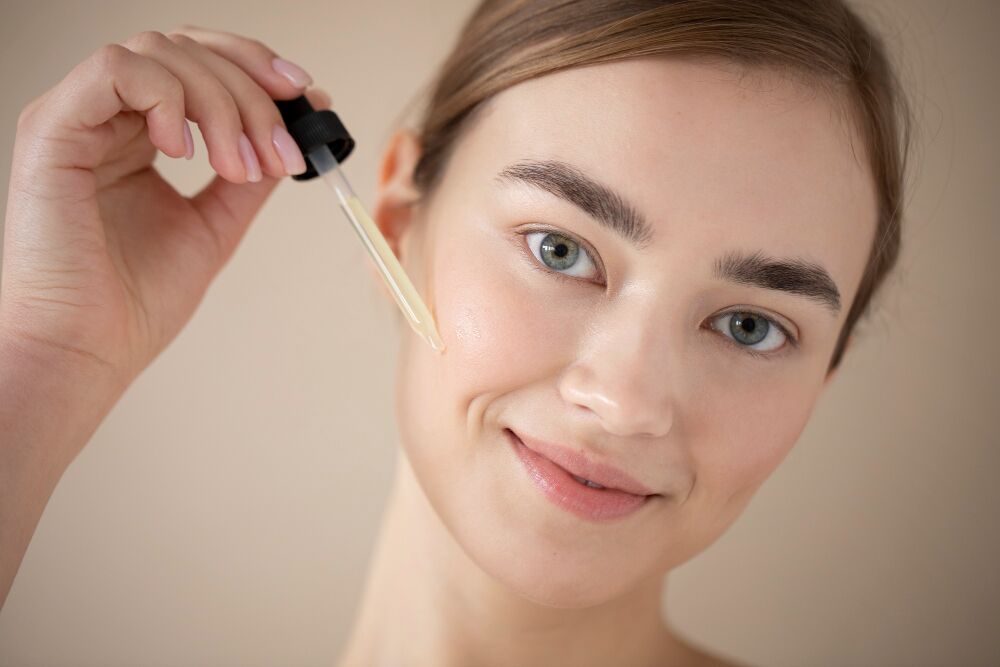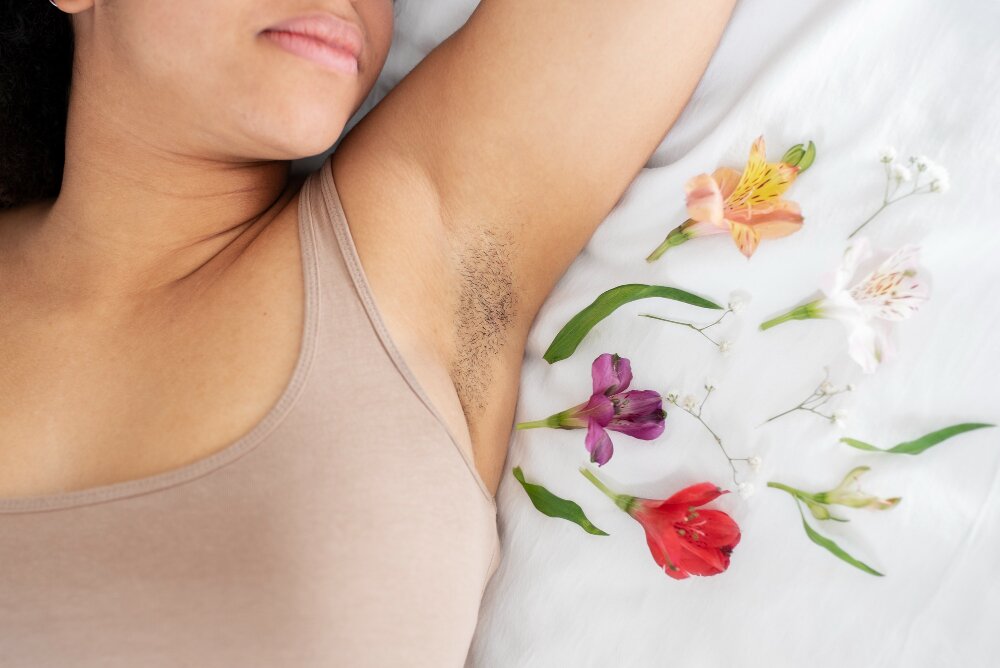How to Stop Hair Loss from Diabetes

Hair loss can be a frustrating and emotionally distressing experience for anyone. If you have diabetes, you may face an increased risk of hair loss due to the complexities of this disease. While there is no one-size-fits-all cure, understanding the underlying causes and implementing effective management strategies can significantly reduce hair loss and may even promote regrowth.
Diabetes and Hair Loss: The Connection
Diabetes, a chronic condition characterized by high blood sugar (glucose) levels, can affect your body in numerous ways, including impacting hair health. Here’s how diabetes can lead to hair loss:
- Blood Vessel Damage: High blood sugar levels over time can damage blood vessels throughout your body, including those supplying your hair follicles. Damaged blood vessels hinder the delivery of vital nutrients and oxygen, weakening hair follicles and ultimately leading to hair loss.
- Hormonal Imbalances: Diabetes can disrupt hormone production, including those affecting hair growth. Insulin resistance, a common issue in type 2 diabetes, has been linked to hair thinning.
- Inflammation: Chronic inflammation, often associated with diabetes if unmanaged, can damage hair follicles and contribute to hair loss.
- Autoimmune Conditions: Diabetes increases your risk of developing autoimmune conditions such as alopecia areata, where your immune system attacks hair follicles, causing patchy hair loss.
- Stress: The stress of managing diabetes can trigger a type of hair loss called telogen effluvium. In this condition, stress pushes hair follicles into a resting phase, leading to shedding months later.
- Nutrient Deficiencies: Poorly controlled diabetes can lead to nutritional deficiencies. Certain nutrients including biotin, zinc, and iron are essential for healthy hair growth.
Types of Hair Loss Associated with Diabetes
It’s important to be aware of the different types of hair loss that may occur due to diabetes:
- Androgenetic Alopecia (Pattern Hair Loss): This is the most common type of hair loss, affecting both men and women. Diabetes can potentially worsen or accelerate this genetically determined condition.
- Telogen Effluvium: This type of hair loss often occurs due to stress, major illness, or sudden changes within the body. Diabetes-related stress or fluctuating blood sugar levels can trigger telogen effluvium.
- Alopecia Areata: As mentioned, diabetes puts you at increased risk for this autoimmune condition causing patchy hair loss on the scalp or elsewhere.
Strategies to Manage Hair Loss from Diabetes
Managing hair loss caused by diabetes requires a multi-faceted approach. Here are the key strategies:
1. Manage Your Blood Sugar Levels
The most crucial step in preventing and managing hair loss associated with diabetes is achieving optimal blood sugar control. Work closely with your doctor to create a personalized diabetes management plan that includes:
- Monitoring Blood Sugar: Regularly check your blood sugar levels as directed by your doctor.
- Medication: Take your diabetes medications as prescribed, including insulin therapy if needed.
- Healthy Diet: Focus on a balanced diet rich in whole foods, fruits, vegetables, lean proteins, and healthy fats. Limit sugary drinks, processed foods, and refined carbohydrates.
- Regular Exercise: Aim for at least 30 minutes of moderate-intensity exercise most days of the week. Exercise helps improve insulin sensitivity and overall health.
2. Address Stress
Stress plays a significant role in hair loss. Find healthy ways to manage the stress of living with diabetes. Consider:
- Mindfulness Techniques: Practice meditation, deep breathing, or yoga.
- Exercise: Regular physical activity can help alleviate stress.
- Counseling: Talk to a therapist or counselor for support in managing diabetes-related stress.
3. Nutritional Supplementation
Certain supplements might be beneficial for hair health, especially if you have deficiencies. Consult your doctor before taking any supplements:
- Biotin: A B vitamin essential for hair growth.
- Zinc: Important for healthy hair follicles.
- Iron: Iron deficiency can contribute to hair loss.
- Vitamin D: May play a role in hair health.
4. Scalp Care
- Gentle Hair Care: Choose mild hair care products free of harsh chemicals. Avoid frequent heat styling and tight hairstyles, which can stress hair.
- Scalp Massage: Regular scalp massage improves blood circulation to the follicles.
5. Medical Treatments
If self-care measures and blood sugar management prove insufficient, consult your doctor or dermatologist. Medical treatments may include:
- Topical Medications: Minoxidil (Rogaine) is a topical solution that can help stimulate hair growth in some cases.
- Oral Medications: Finasteride (Propecia) is a prescription medication for pattern hair loss in men. Certain hormonal therapies might be helpful for women.
- Steroid Injections: For alopecia areata, steroid injections may help suppress inflammation and promote hair regrowth.
- Light Therapy: Low-level laser therapy may be effective for some types of hair loss.
- Hair Transplantation: In severe cases, hair transplantation surgery can restore hair in bald areas.
Important Considerations
- Patience is Key: Hair regrowth takes time. Don’t expect overnight results; be patient and consistent with your management plan.
- Talk to Your Doctor: Before starting any supplement or treatment, consult your doctor to ensure it’s safe and aligns with your diabetes management.
- Focus on Overall Health: Hair health is a reflection of overall well-being. Prioritize a healthy lifestyle alongside diabetes management.
Additional Tips
- Protect Hair from Sun Damage: Wear a hat or scarf when spending time outdoors in the sun.
- Quit Smoking: Smoking damages blood vessels and can worsen hair loss.
- Get Enough Sleep: Proper sleep is crucial for healthy cell regeneration, including within hair follicles.
The Emotional Impact of Hair Loss
It’s natural to feel upset or frustrated when you experience hair loss. Remember, you’re not alone. Here are some ways to cope with the emotional side of hair loss:
- Seek Support: Join a diabetes support group or find online communities where you can connect with others going through similar experiences.
- Talk Therapy: Consider talking with a counselor or therapist to help process the emotional impact of hair loss.
- Explore Hair Styling Options: Experiment with hairstyles, head wraps, wigs, or hairpieces, if it helps boost your confidence.
Takeaway
Although hair loss can be a common complication of diabetes, it’s important to know that it’s not inevitable. By meticulously managing your blood sugar levels, taking care of your overall health, and consulting a doctor when necessary, you can significantly reduce hair loss and promote healthy hair growth. With dedicated strategies, patience, and a positive mindset, you can regain a sense of control over both your diabetes and your hair health.
Disclaimer: The information provided in this article is for educational purposes only and should not be taken as direct medical advice. Always consult with your healthcare providers before starting any new treatment or making changes to your current management plan.










